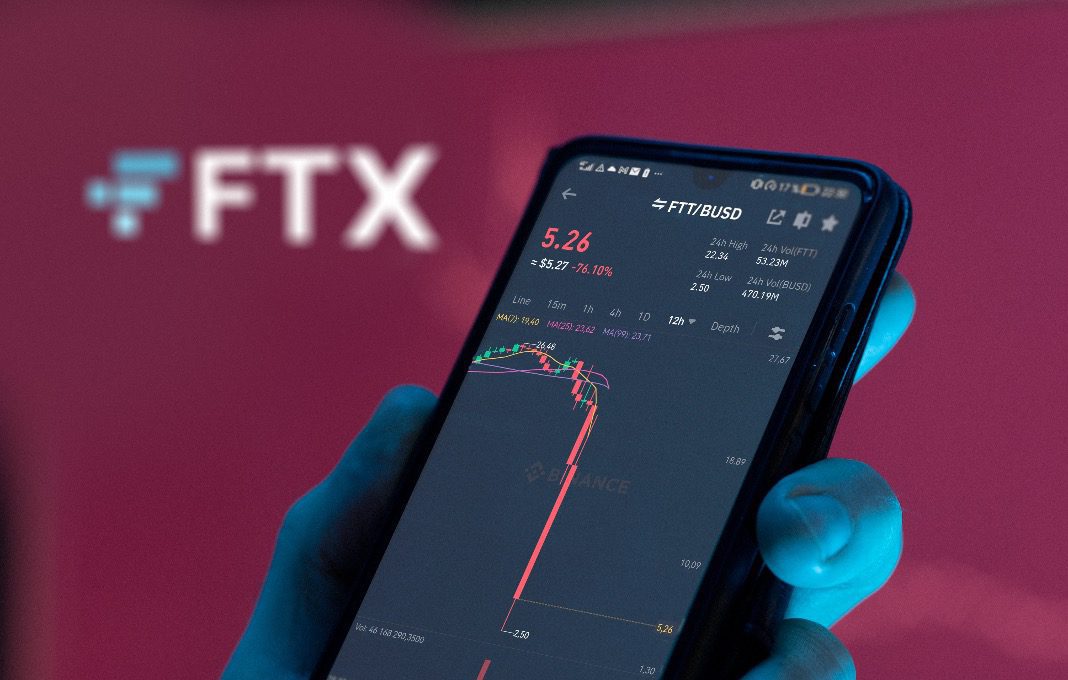On December 12th, disgraced former CEO Sam Bankman-Fried was arrested on a variety of criminal charges including wire fraud, securities fraud, and conspiracy to commit money laundering. If found guilty and convicted, the young founder at the heart of the most explosive crypto collapse of all time faces up to 115 years in prison, and the fact that on December 20th he agreed to be extradited to the US from his home in the Bahamas surely spells out more trouble ahead.
The Securities and Exchange Commission’s complaint against SBF alleges a “scheme to defraud equity investors in FTX” which saw him orchestrate “a massive, years-long fraud, diverting billions of dollars of the trading platform’s customer funds for his own personal benefit and to help grow his crypto empire.”
As we watch the FTX saga unfold before our eyes, it might seem that Bankman-Fried could make the perfect Hollywood-movie-style bad guy, but he was never a perfect crypto CEO.
Far from it.
Nobel laureate Paul Krugman economist recently labeled figures like Bankman-Fried, once lauded as revolutionaries, as petulant oligarchs. “The very privileged are surrounded by people who would never dare tell them that they’re behaving badly,” he wrote for the New York Times, arguing that people like him and Elon Musk are ultimately destroying the “legend of the genius entrepreneur” and behaving like “thin-skinned egomaniac plutocrats acting out their insecurities in public view.”
While we can all have different opinions about what, practically, constitutes genius or madness, it seems that the problem at hand is the question of how we see our leaders, and how much power we think they deserve to exert over their companies and our society.
In the case of crypto, which is largely dominated by big personalities and aspiring underdogs-turned-superheroes, this has never been more true, or more of a myth that we need to dispel if we wish to bring crypto out of its current winter and into the future.
Crypto CEOs shouldn’t view themselves as leaders of a single company, but rather as individuals in service of the community they are a part of and represent. Their focus should be on continually and efficiently creating solutions to solve the real, persistent problems experienced by other community members.
Their success should be based upon the results they are able to deliver over the long term, not sheer and unadulterated adoration. Tangible results, as opposed to murky assessments and unclear vision plans which only benefit the executive level and nobody else, should be the very foundational level bestowing leaders with the level of sway and authority they command. This is particularly true of the crypto world, where impostors are a dime a dozen and every big claim needs to be carefully examined before it can be verified and believed.
As we are now beginning to understand, much of what Bankman-Fried posited was conjecture at best, fraudulent at worst, and generally lacking in the kind of transparency. Studies show that transparency is linked to “higher rates of employee retention, increased worker productivity and an uptick in corporate loyalty among staff members.” Without it, leaders risk losing the trust of their employees, investors, stakeholders and customers.
Once again, this is especially critical for crypto, as the very concept cryptocurrencies and blockchain are based on is one of self-governance, trust, transparency and immutability. If a leader chooses to forgo such a key element of the principles at the heart of crypto, they might as well switch to a different industry.
Another crucial trait of a successful crypto CEO, with the sector’s famed volatility being what it is, is resilience. Leaders need to be ready to positively and reliably respond to difficult circumstances, which often accompany periods of market instability and downturns. Resilience is key as the crypto market continues to experience a period of economic turmoil and uncertainty, and judging from FTX’s balance sheets and failed Binance bailout, that’s something Bankman-Fried did not exactly have in spades.
A real leader should champion open innovation and aim to collaborate with people from outside the organization, which could prevent awkward organizational politics and create a healthier environment for business development.
Author, speaker and organizational behavior change expert Simon Sinek goes as far as arguing that the very title of CEO should be done away with, and replaced by Chief Vision Officer. His rationale is that a CMO does marketing and a CTO manages technology, but the role of “Executive Officer” means very little, which makes it easier for unscrupulous people like Bankman-Fried not to take it seriously.
The CEO’s role, Sinek says, is to set the company’s vision and inspire the people working towards that very goal, to which I would add: changing the title is one thing, but actually holding leadership accountable is another. Accountability, it turns out, is ultimately what Bankman-Fried tried and failed to elude.
In April 2022, as soon as Elon Musk’s $44 billion takeover of Twitter was announced, the writer John Ganz defined the corporate society that “big bosses” (a.k.a. CEOs with too much power and no desire to be held accountable for their actions) wish to transform into a real, institutional outline of our world. He calls it “one possible shape of the future foreshadowed in present trends,” stemming from, as Krugman put it, the “belief that the big people shouldn’t have to answer to, or even face criticism from, the little people.”
That’s where I believe we should start: by turning this trend on its head and aiming for accountability, transparency, resilience, clarity and responsibility.
Because a results-driven organization, not one based on adoration and empty promises, will have a greater chance of surviving, thriving and leading the entire crypto sector into the future awaiting it. Until we understand that, we’ll be doomed to repeat the mistakes of FTX and ask ourselves where it all went wrong.







